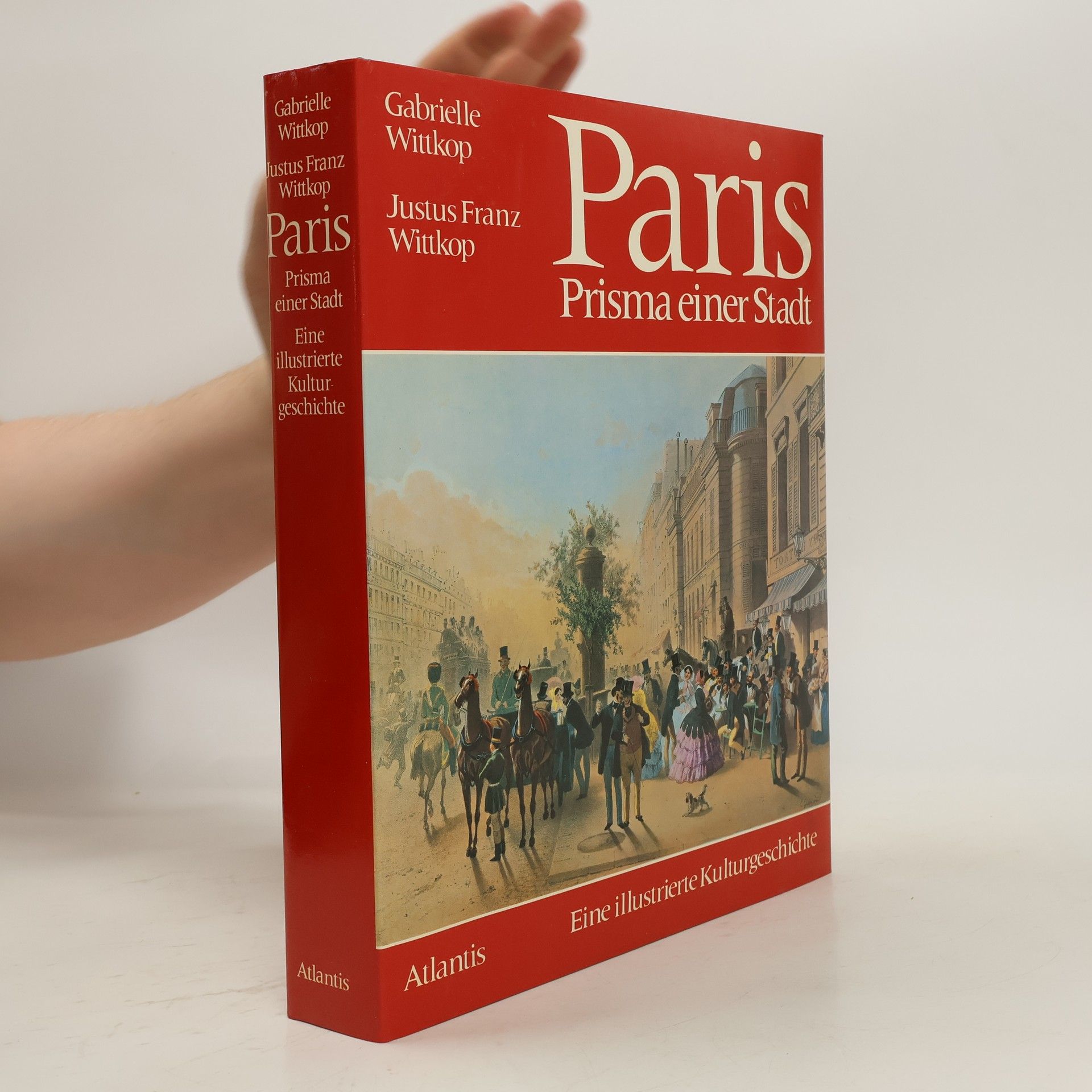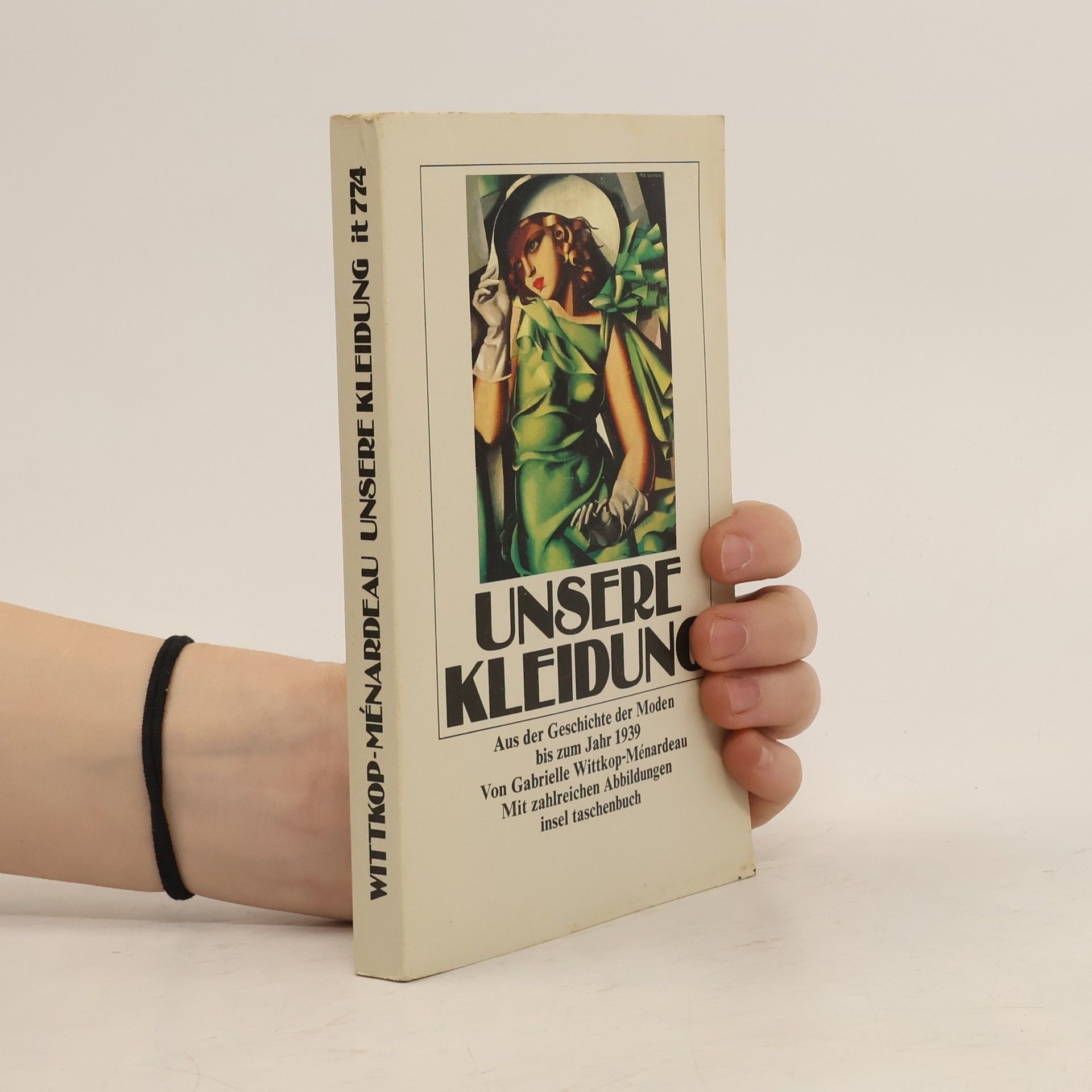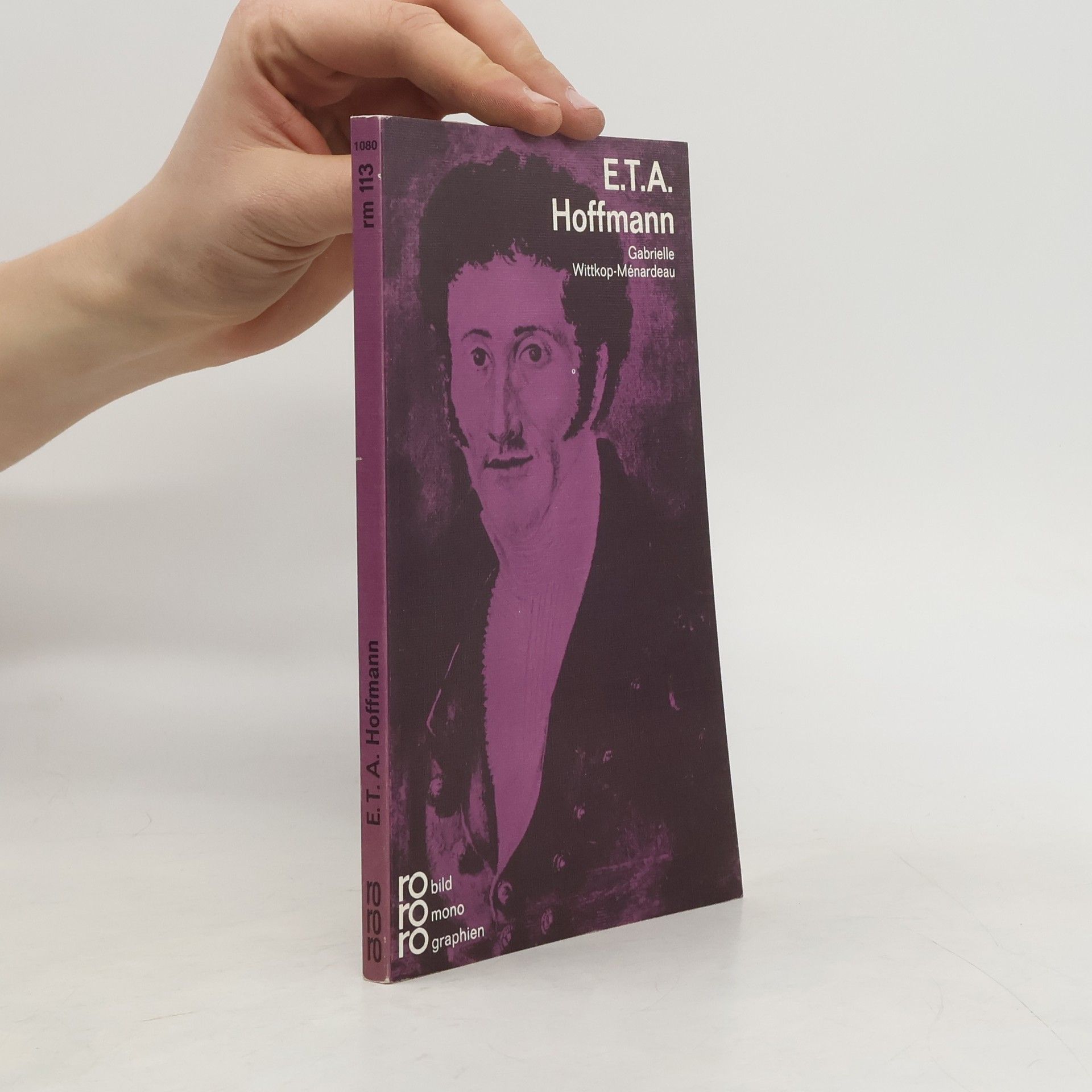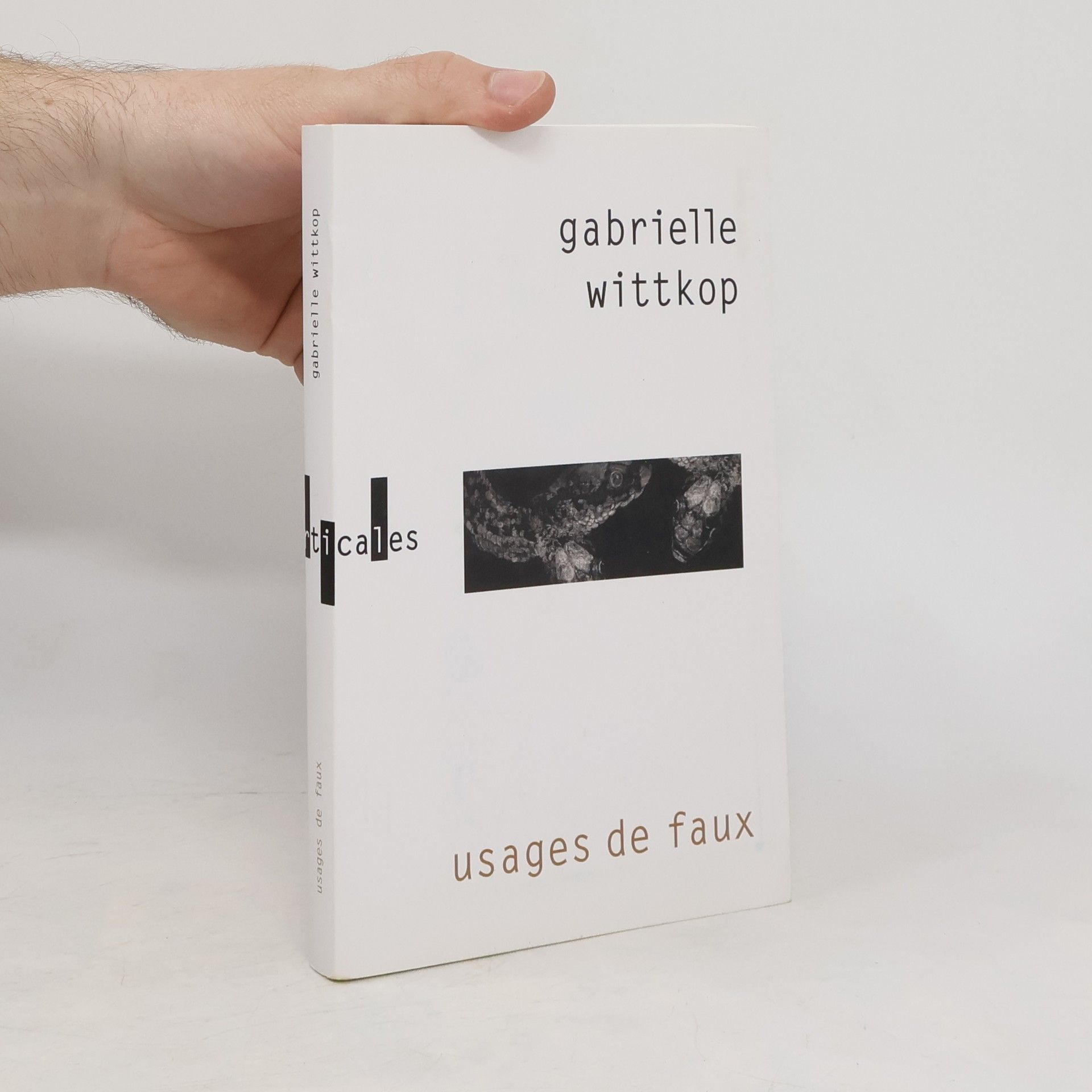Serenísimo asesinato
- 160 páginas
- 6 horas de lectura
Gabrielle Wittkop fue una escritora francesa cuya obra a menudo profundizaba en temas oscuros y poco convencionales. Su escritura se distingue por un incisivo examen de la psique humana y los márgenes de la sociedad. Wittkop exploró deseos tabú y fascinaciones transgresoras en sus novelas y relatos de viajes, descubriendo verdades más profundas sobre la naturaleza humana. Su estilo literario único y su audaz exploración de temas inusuales la convirtieron en una figura destacada de la literatura francesa.







Exemplary Departuresconsists of five exquisitely wrought novellas depicting five "exemplary" deaths in various exotic locations around the globe: a gentleman spy disappears with his secrets into the Malaysian jungle; a young woman agonizes atop a ruined castle overlooking the Rhine; a writer succumbs to alcoholism in the streets of Baltimore; a salesman expires as a vagabond in the sewers of New York; and hermaphroditic twins are assassinated in a stagecoach. Drawing from the remnants of real-life anecdotes--from Edgar Allan Poe's final days to the agonizing tale of Idilia Dubb--these stories are imagined descents into death's supreme indifference. A true modern inheritor of the legacy of the French Decadent writers, Wittkop spins these tales with her trademark macabre elegance and chilling humor, maneuvering in an uncertain space between dark Romanticism, Gothic Expressionism and Sadean cruelty. "Death is life's most important moment," Wittkop claimed; Exemplary Departuresoffers five particularly important moments for the English reader's delectation. First published as a set of three novellas in 1995, this translation is of the 2012 edition of five novellas, which include the previously unpublished "Mr. T.'s Last Secret" and "Claude and Hippolyte."
"En un périlleux acte d'équilibre, il m'a fallu trouver un moyen terme entre mon refus de n'être que le strass voulant frauduleusement imiter le diamant, et le désir de préserver "ce grain de faux qui est peut-être l'idéal d'une œuvre"." On pénètre ici comme par effraction dans la bibliothèque intime de Gabrielle Wittkop où l'esprit des Lumières et du libertinage voisine avec le romantisme européen, ainsi que d'autres grands classiques et modernes admirés. Ces vingt pastiches font ressurgir certains motifs propres à son esthétique de la cruauté, dont le dernier, qui délivre un supplément inédit à son célèbre Nécrophile.
E. T. A. Hoffmann (1776 – 1822) hat als Schriftsteller einen neuen Ton in die europäische Literatur gebracht: realistische geschilderte Alltagswelt und spukhaftes Geisterleben stehen in seinen Werken direkt nebeneinander und gehen unvermittelt ineinander über. Bewusstseinsspaltung und Doppelgängertum spielen in vielen Prosatexten Hoffmanns eine bedeutende Rolle. Seine Bücher wie «Die Elixiere des Teufels» und «Lebens-Ansichten des Katers Murr» gehören unbestritten zum Kanon der Weltliteratur und hatten großen Einfluss auf zahlreiche andere Autoren.